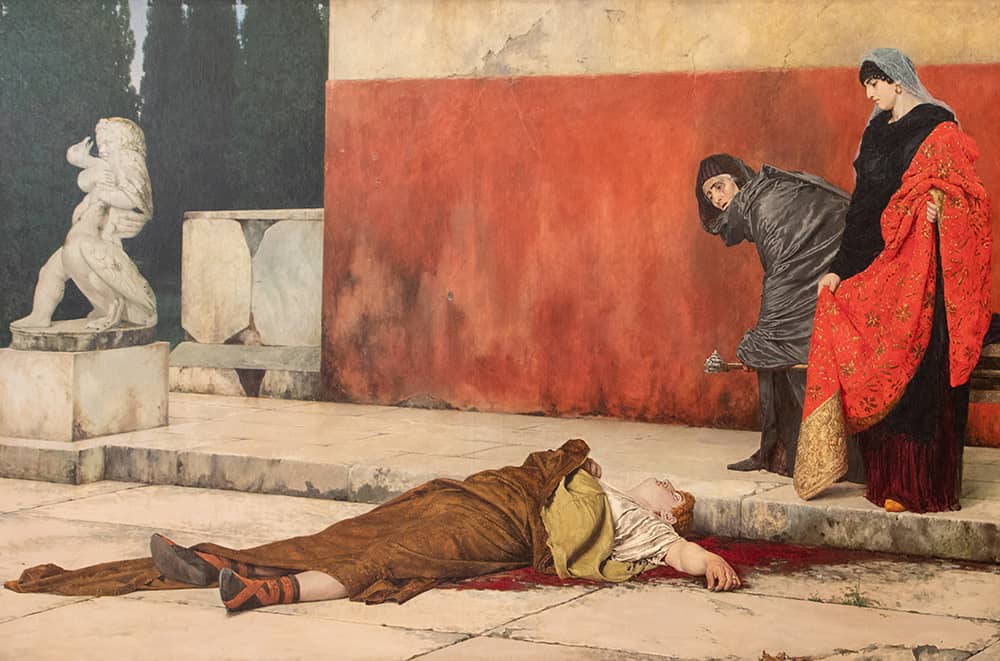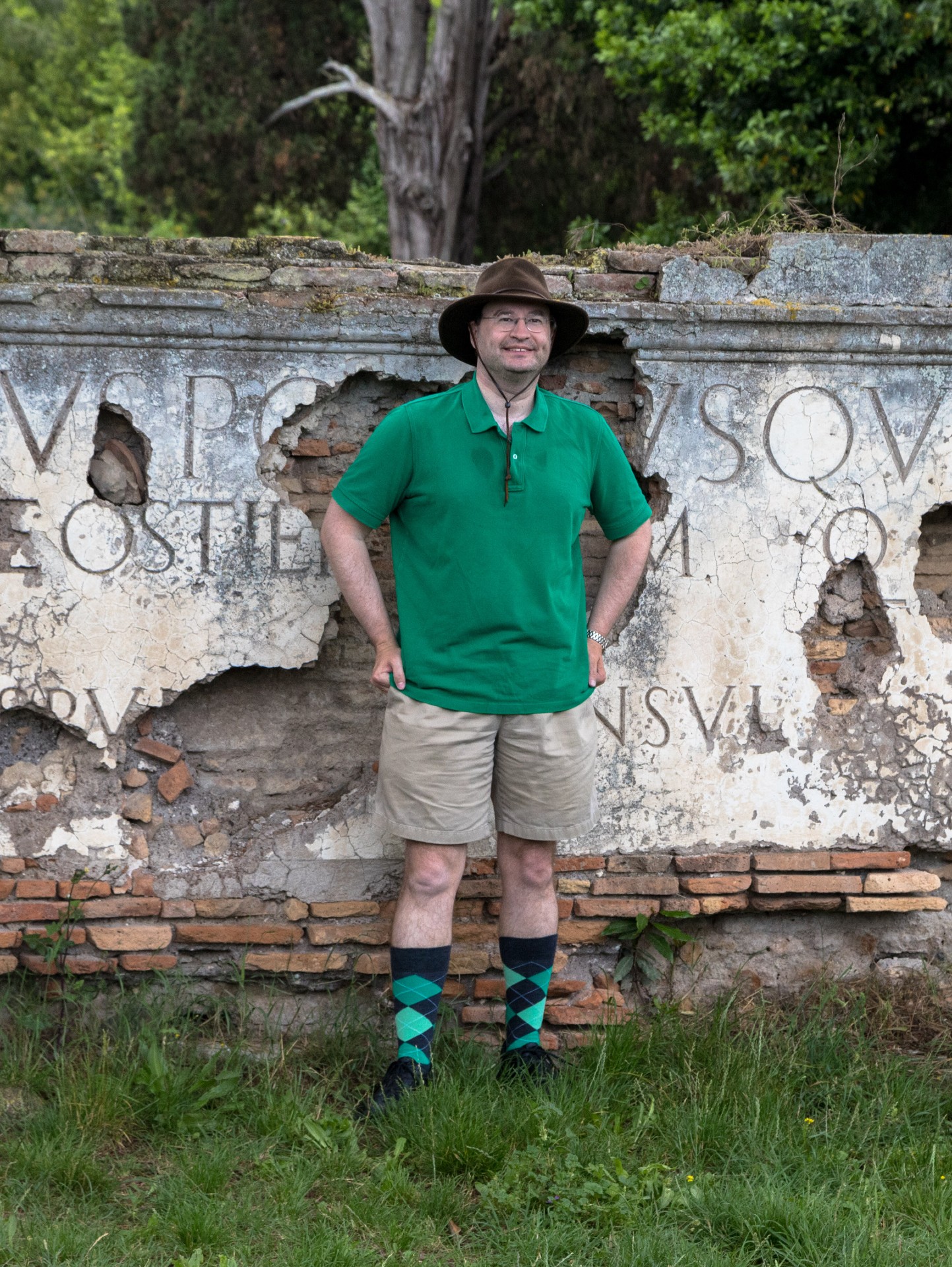Ten Really Bad Emperors

TEN REALLY BAD EMPERORS/HNRC 301VH-002
MONDAYS, 5-6:15 p.m., FALL 2022
GEAR 129
Note: No application required. This is a one-credit course. Only register for one hour of credit.
They fiddled while their kingdoms burned. They imposed reigns of terror while building
entire armies to guard them in the afterlife. Their personal lives were so decadent
that they have become bywords for depravity. Now 10 Really Bad Emperors will explore
some of the most infamous rulers in history across time and space, from Roman Caesars
and Muslim Caliphs, to Ottoman Sultans and Chinese Emperors.
Each week 12 honors students will examine a different bad emperor in-depth in a seminar
discussion with sources ranging across thousands of years of history and multiple
perspectives, from both those they oppressed and those who supported and even loved
them, to gain the fullest view of these emperors. We will consider the historiography
to understand how each emperor earned their reputation for “badness” both during and
after their reigns. And we will look at how deserved their reputations really are,
and how much may be propaganda and later legend. Through a comparative approach we
will grapple with how different cultures construct “badness” and why some themes are
universal across the bad emperors. Finally, we will examine the continuing lives of
the bad emperors and how they continue to be used as exemplars of “badness” throughout
history up to the present day, especially in comparison with modern bad “emperors.”
About Charles Muntz:
 Dr. Muntz arrived at the University of Arkansas after finishing his PhD at Duke University
in 2008. The U of A’s resident historian of ancient Greece and Rome, his teaching
repertoire spans thousands of years of history around the Mediterranean and beyond,
from the Bronze Age to the fall of Constantinople. He has also led study abroad in
Rome, where he immersed his students in the complex history a city where one can walk
through antiquity to the middle ages to the renaissance within a few feet. His research
focus is ancient universal historiography and in 2016 Oxford University Press published
his book Diodorus Siculus and the World of the Late Roman Republic. He is currently working on the universal historian Ephorus, whose work only survives
in a handful of fragments. He was also the Arkansas Visiting Fellow at Wolfson College,
Cambridge University in 2014-15 and has received the prestigious Loeb Classical Library
Fellowship.
Dr. Muntz arrived at the University of Arkansas after finishing his PhD at Duke University
in 2008. The U of A’s resident historian of ancient Greece and Rome, his teaching
repertoire spans thousands of years of history around the Mediterranean and beyond,
from the Bronze Age to the fall of Constantinople. He has also led study abroad in
Rome, where he immersed his students in the complex history a city where one can walk
through antiquity to the middle ages to the renaissance within a few feet. His research
focus is ancient universal historiography and in 2016 Oxford University Press published
his book Diodorus Siculus and the World of the Late Roman Republic. He is currently working on the universal historian Ephorus, whose work only survives
in a handful of fragments. He was also the Arkansas Visiting Fellow at Wolfson College,
Cambridge University in 2014-15 and has received the prestigious Loeb Classical Library
Fellowship.